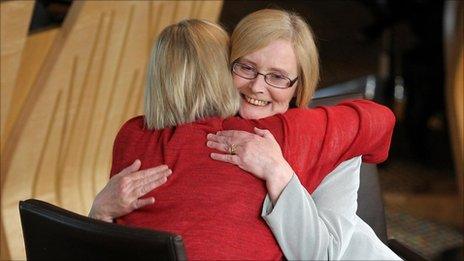MSPs launch bids to be Holyrood's presiding officer
- Published
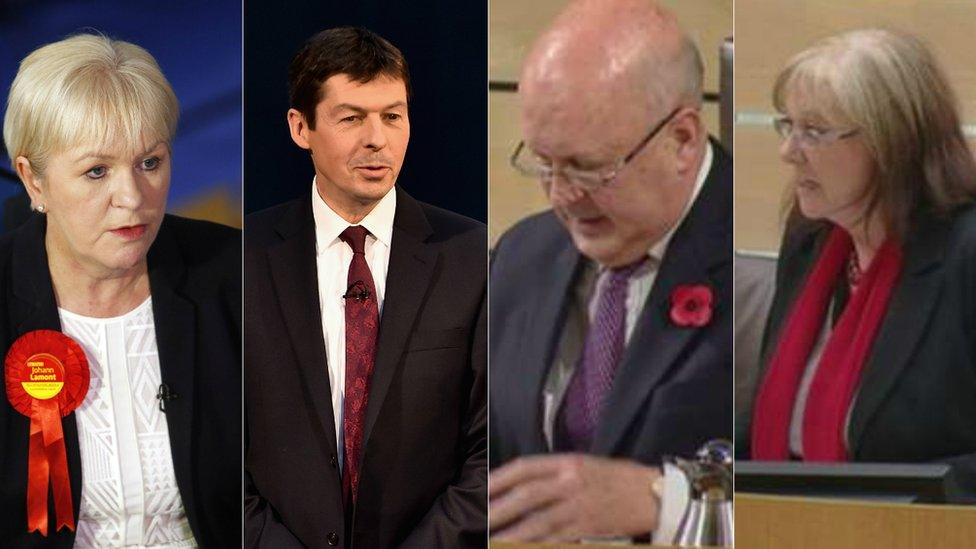
Could the new presiding officer be [from left] Johann Lamont (Labour), Ken Macintosh (Labour), John Scott (Conservative) or Elaine Smith (Labour)?
MSPs have started to put themselves forward in the contest to become Holyrood's next presiding officer.
Labour's Ken Macintosh and Johann Lamont have announced their candidacy for the non-party role, while colleague Elaine Smith is considering a run.
Conservative John Scott has put himself forward, while Murdo Fraser is considering joining the field.
MSPs will elect an officer to replace Tricia Marwick at the first session of the new parliament on Thursday.
The Presiding officer is a non-partisan role, which requires the MSP serving to give up their party allegiance. As well as chairing parliamentary sessions in the Holyrood chamber, the presiding officer has a diplomatic function, welcoming visiting dignitaries and representing the parliament.
Mr Macintosh, who lost his Eastwood seat in the recent election but was returned via the regional list, has put himself forward as someone who can "reach across political divides".
He said: "The most important attribute for a presiding officer is to be able to command the respect and trust of all members from all sides.
"I believe it is not enough to win support from your own party colleagues, in many ways, the presiding officer will and should be judged on the confidence shown in them by MSPs from other political parties.
"I've always believed in the parliament as a force for good. I believe I can get cross-party support and work with people."
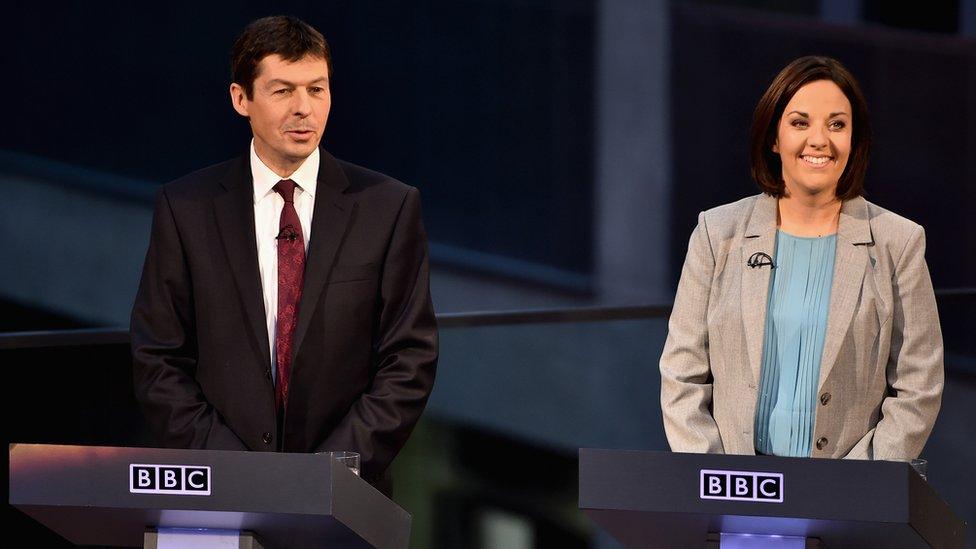
Ken Macintosh previously ran for leadership of Scottish Labour, but was defeated by Kezia Dugdale
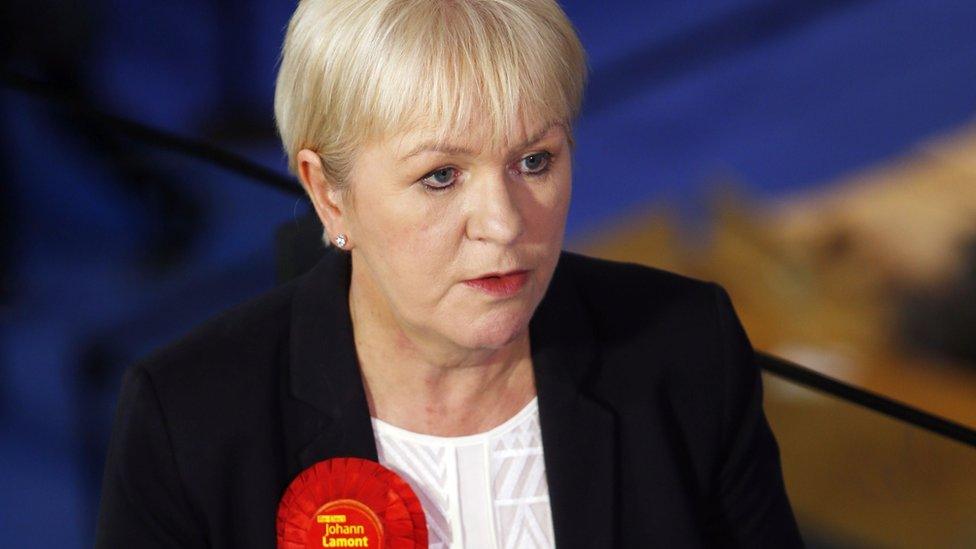
Johann Lamont said the parliament could do better at holding government to account
Ms Lamont, a former Scottish Labour leader, told BBC Scotland she had the experience to do the job.
She said: "I think it's a very important job. It's a job that allows the parliament to hold the government to account but also to be accountable to the people of Scotland."
"I think because it was a majority government last year, it was easier for the government. I'm not saying they always ignored the parliament, of course they didn't, but there were some things that went through that I think had there been some more testing of the argument it would have had a more satisfactory conclusion.
"For example the named persons legislation, which we supported, there's no doubt there's a lack of confidence from the people in Scotland in it. I think that process would have been helped if there had been more rigour throughout the parliamentary process."
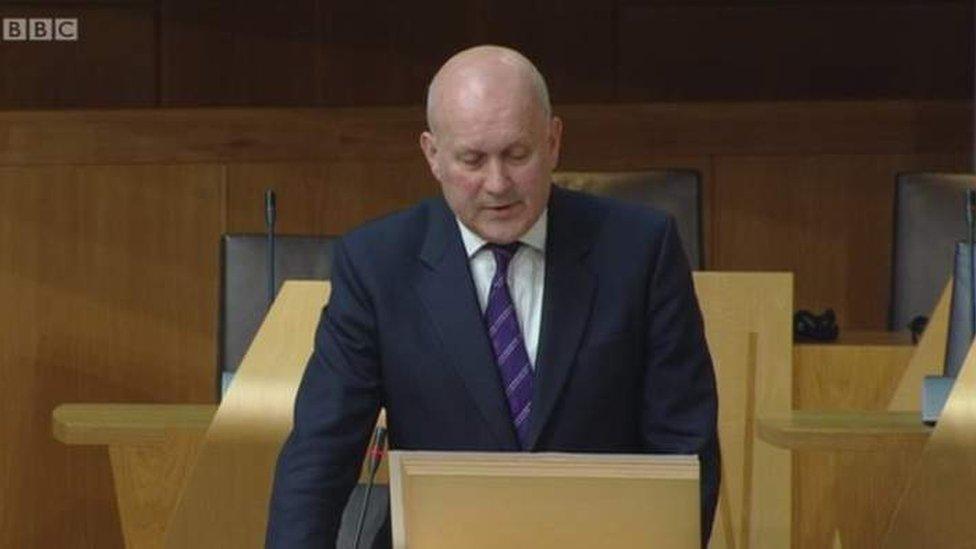
Mr Scott said he was "immensely proud" of the parliament as it stands
Last term's deputy presiding officers, Elaine Smith and John Scott, are both also in the frame for the job.
Mr Scott said he was "immensely proud" of the parliament as it is, but said the job was a chance to take it to "the next level".
He said: "I would aim to bring fairness to the job. That's the thing that's kept me awake at nights in the past, wondering if I've been fair across the board to all members.
"It's been great fun working with everybody and I've enjoyed, in a tacit way, taking part in many of the debates I've presided over in the last five years.
"There's an enormous opportunity for us to take our parliament on again to an even better place."
The vote for presiding officer takes place via a secret paper ballot, rather than the chamber's electronic voting system.
If no candidate wins a majority of votes in the first round, the candidate with the least support is eliminated and a fresh vote held, with the process repeated until a winner is declared.
- Published31 March 2015
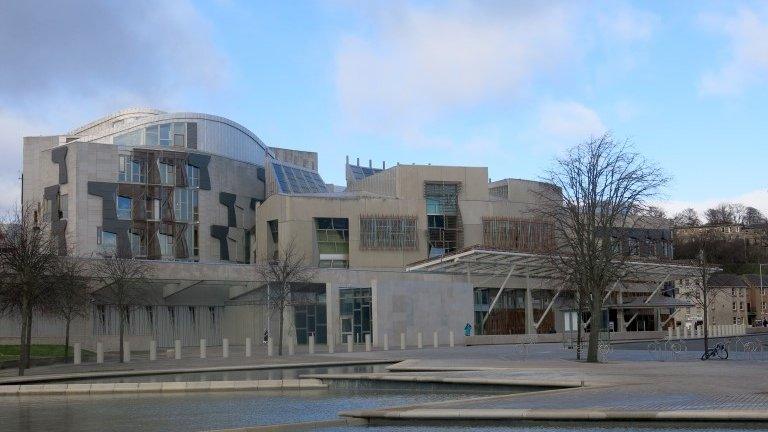
- Published29 May 2015
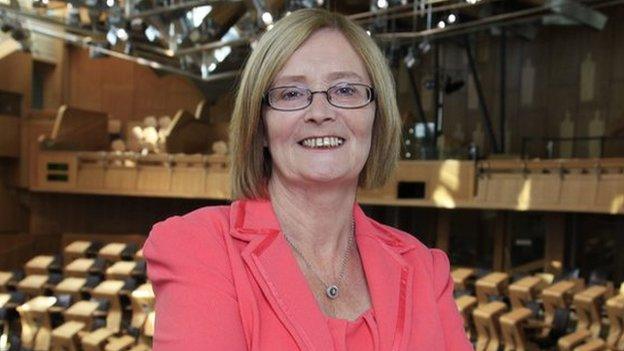
- Published11 May 2011
